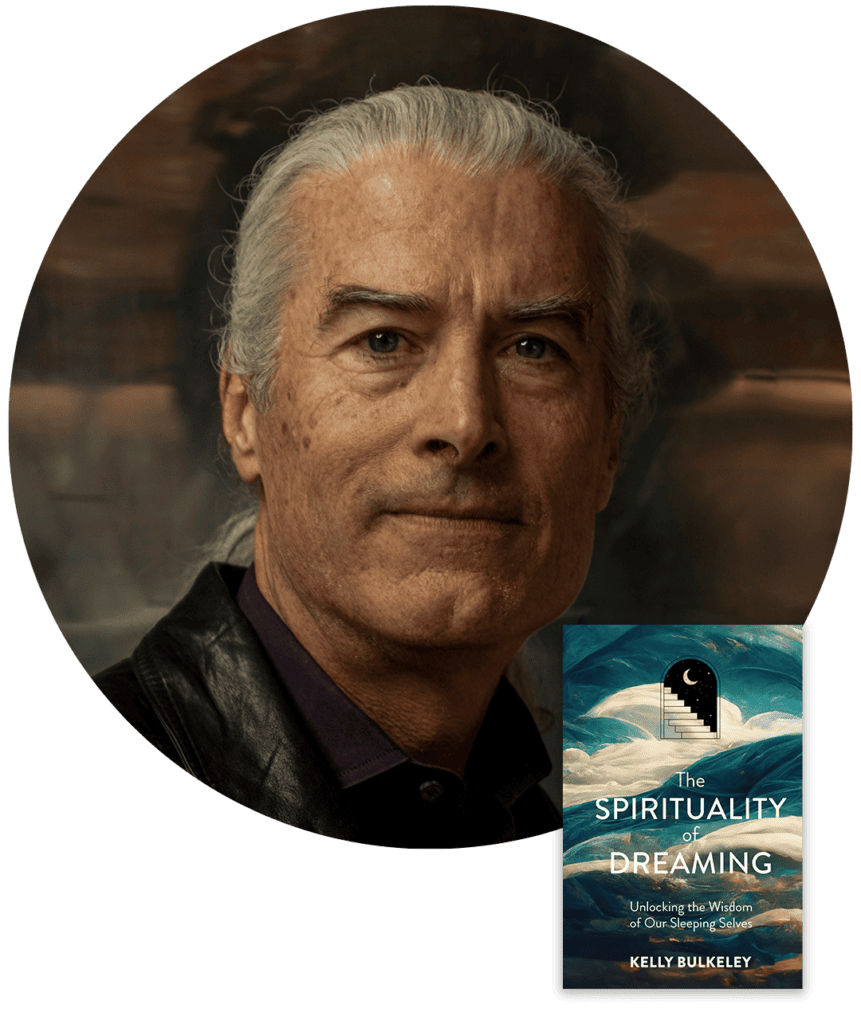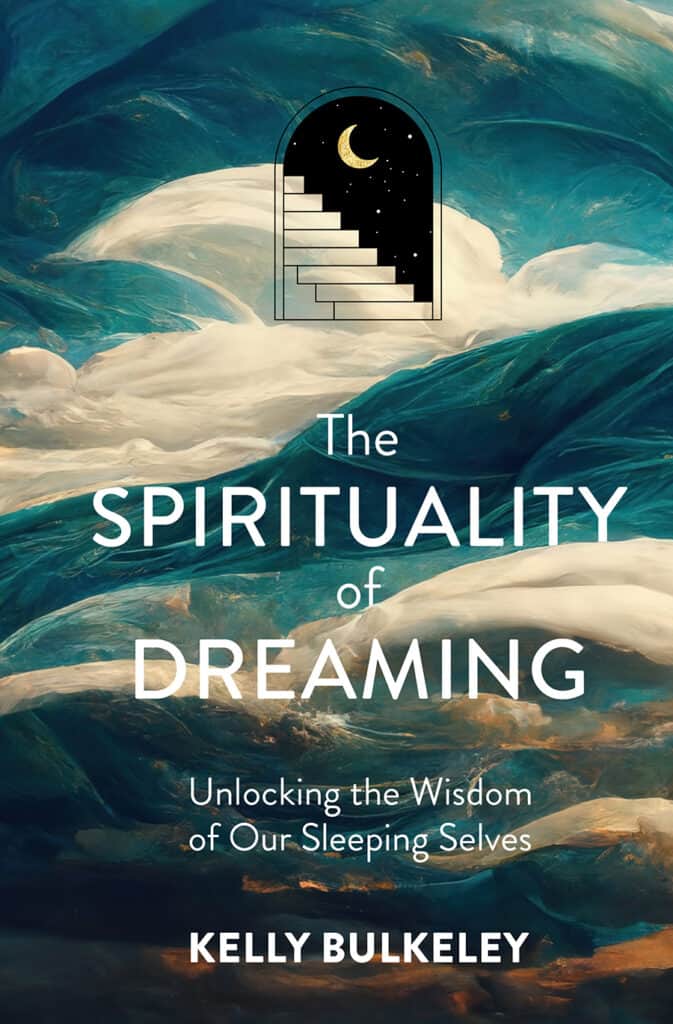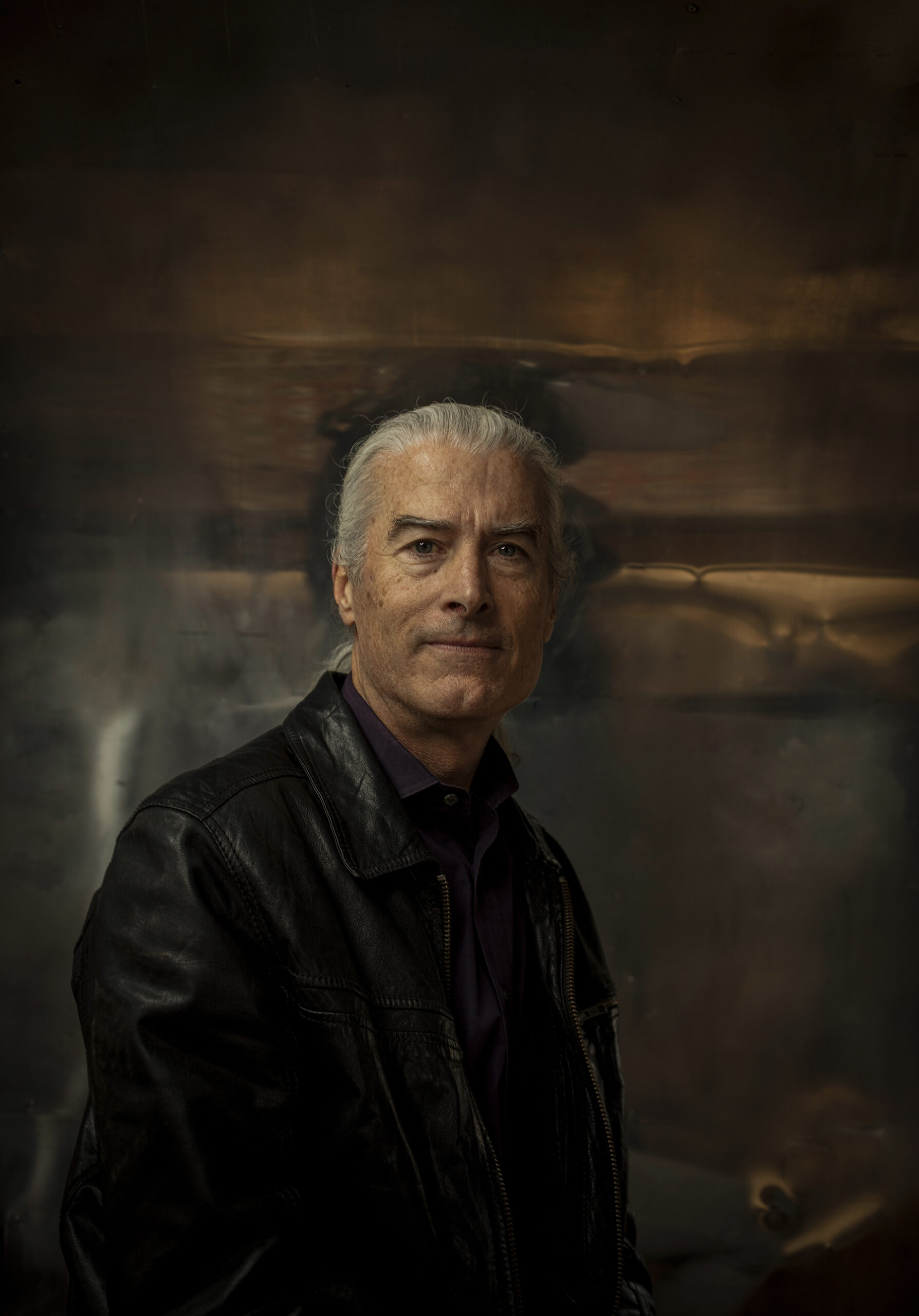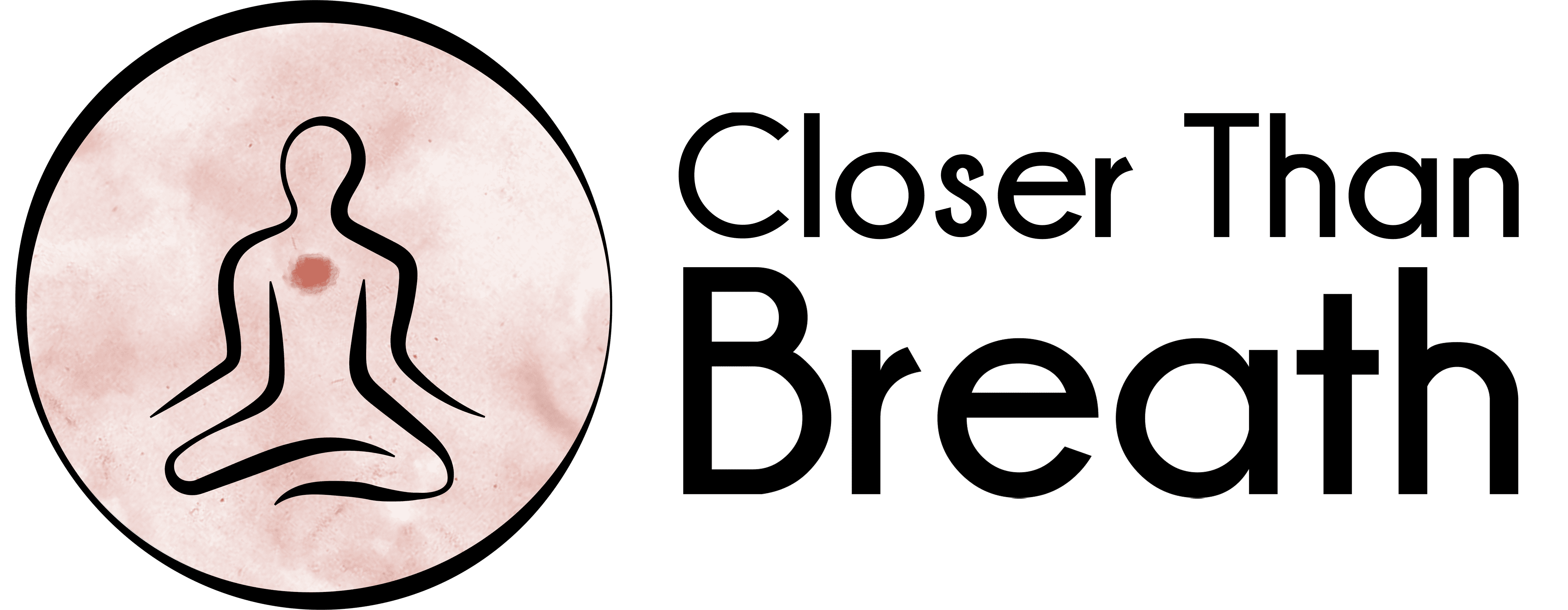I’m very happy to share a new Author Interview with Dr. Kelly Bulkeley, author of The Spirituality of Dreaming, Unlocking the Wisdom of Our Sleeping Selves.

Enjoy the 5 question email interview below.
Question 1
How do dreams and spirituality fit together?

Dreams are actually one of the most important sources of religious experience throughout history. Most of the world’s religious traditions view dreams as a way to connect with transcendent powers, truths, and realities.
People today still have spiritually charged dreams, but because of our society’s rationalist mind-set, it can be difficult to understand or benefit from such dreams. In my book I’m trying to bring back an old idea for new times, and help people revitalize a deep capacity within their own dreams.

Question 2
What do you suggest people do to learn more about their dreams?
Question 3
Do dreams have any function?

I think the simplest way to look at dreaming is as a kind of play, the play of the imagination in sleep. The functions of dreaming are essentially the same as the functions of play: helping our development and growth, testing behaviors and movements, exploring new possibilities, reveling in free energy, and preparing for likely challenges and opportunities in the future. And to be clear, this does not mean dreams are all fun and games.
The most common type of play in the animal world is play-fighting, and our dreams tend to have more negative emotions and misfortunes than positive emotions and good fortunes. Dreaming is serious play, intense play, play about the most important concerns in our lives, both individually and collectively.

Question 4
What are "big dreams" and what do they mean?
This is a term, originally coined by C.G. Jung, to describe dreams that, although rare, have extremely vivid contents that make a lasting impression on your memory. Big dreams often occur in childhood, and they frequently have dramatic contents and strong spiritual feelings. Some people have one or two dreams like this their whole life, while others have many such dreams.
The frequency matters less than the power of the dream and its living presence in your awareness. Rather than trying to analyze them, it’s better simply to appreciate and honor these dreams as autonomous visionary creations of your dreaming psyche. By giving them space in your waking mind, your consciousness expands in recognition of your true, wider self.
I’m not a fan of technologies that try to control or manipulate dreaming–that’s the wrong direction to go, replacing dream spontaneity with ego intentions. However, new resources for working with dream journals are very exciting. I direct the Sleep and Dream Database, with lots of fun analytic tools, and I am helping develop the Elsewhere.to dream journaling app, which is leading a new generation of high-powered, dream-sensitive technologies.
These powerful tools make it feel like dream research is having its telescope moment–after centuries of studying the universe of dreams with the naked eye, we now have devices that enable us to see more deeply than ever before, opening up vast new horizons for discovery. It’s a very exciting time to be a dreamer!
About Kelly Bulkeley

Kelly Bulkeley, PhD, is a global expert on dreaming and a psychologist of religion focusing on dreams. With degrees from Stanford University, Harvard Divinity School, and the University of Chicago Divinity School, he is director of the Sleep and Dream Database, senior editor of the journal Dreaming, and former president of the International Association for the Study of Dreams. His books include Dreaming Beyond Death, Big Dreams, An Introduction to the Psychology of Dreaming, and Dreaming in the World’s Religions. His work has published in the New York Times and TIME magazine. Bulkeley lives in Estacada, Oregon.



“I’m not a fan of technologies that try to control or manipulate dreaming–that’s the wrong direction to go, replacing dream spontaneity with ego intentions.” Yes, I totally agree. Reminds me of Icarus.